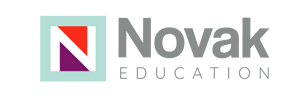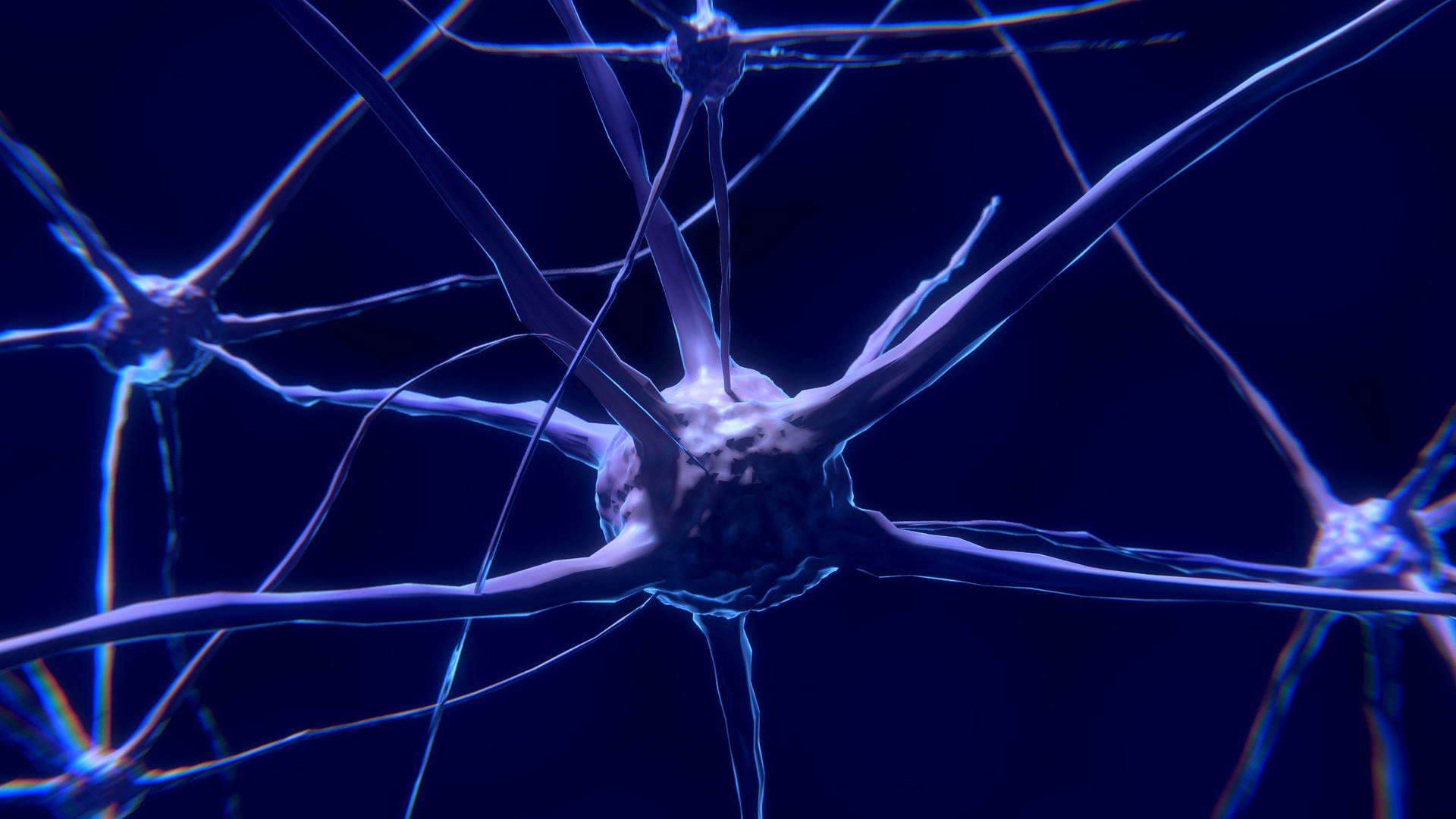In the last decade, many companies including Fortune 500 companies, such as Microsoft, JP Morgan Chase, SAP, and Goldman Sachs, as well as small businesses and government agencies have launched or bolstered their neurodiversity hiring programs. These companies are not only redesigning their programs to fit the talents, strengths, skills, and needs of neurodivergent workers; they are redesigning their hiring and evaluation process, adding mentorship programming, and partnering up with non-profit organizations which educate and advocate on behalf of the neurodiverse community.
|
Neurodivergent applies to more than autism. Individuals with ADHD and other neurodevelopmental conditions are also included in the community. Rather than focusing on diagnoses as problems that need to be corrected, the neurodiversity model instead supports a strengths-based approach to individual assessment and intervention and highlights societal barriers as the issues that need to be addressed. Source: The Informed SLP |
Although these inclusive practices in the workplace are very much embraced, how does the UDL framework leverage and maximize our neurodiverse students’ potential for future success in the workforce?
“It’s not about curing it, it’s not about taking it away. It is about giving people the tools they need to be the best they can.”
– AJ, Autistic Advocate and Microsoft employee
Universal Design for Learning is a framework to think about how different tools and resources can be leveraged to reduce barriers and support all learners to engage in challenging ways of thinking (CAST, 2018). If we look through the lens of UDL, one can clearly recognize that the key skills necessary to become expert learners are the very skills that can leverage a neurodiverse employee’s potential in the workforce. Learners who can assess their own learning needs, set their personal learning goals, and monitor their progress are termed expert learners (McDowell, 2019). Expert learners are engaged to know what they are working to achieve and why it is relevant and important. For our neurodiverse learners, that means building the agency, self-advocacy, and executive function skills they need to thrive in a workplace environment.
 Text: The goal of UDL is to create learners who are purposeful and motivated, resourceful and knowledgable, and strategic and goal-directed, in other words, expert learners.
Text: The goal of UDL is to create learners who are purposeful and motivated, resourceful and knowledgable, and strategic and goal-directed, in other words, expert learners.
1. Building Agency
When we empower learners to take an active role in their own learning, we are building student agency – driven by voice, choice, and autonomy. Agency embeds real-world decision-making and self-management skills, along with the inquiry skills that are highly sought after and marketable in today’s workforce. For our neurodiverse population, that means developing a keen awareness of their strengths and unique set of skills that they can offer in the workforce.
Once a learner develops agency, he or she can self-advocate for the way they learn for a lifetime and lead their own learning trajectory!
– Kathleen McClaskey
2. Self-Advocacy
When students develop agency and take an active role in their learning, they will be empowered with the ability to communicate how they learn and work best. This includes advocating for the accommodations they might need to be successful, social dynamics they work best in, as well as utilizing the self-regulation strategies that will help them to identify the coping mechanisms they need for managing emotions. This level of self-advocacy not only reduces the possibility of work-related stress, but can avoid common stress-related outcomes among neurodiverse individuals such as burn-out, anxiety, depression, and sleep disorders.
3. Executive Functions
Executive functions are the cognitive processes needed to execute purposeful, goal-directed behavior. This includes our ability to concentrate, plan/organize, self-monitor, and adapt to our surroundings. Because UDL encourages a variety of internal scaffolds and external organizational aids, approaches to organization can go a long way toward helping strengthen a neurodiverse person’s unique approach to thinking, processing, and learning. Furthermore, providing mastery-oriented feedback helps guide neurodiverse learners toward successful long-term habits and learning practices. Once these skills are developed and fostered in a classroom setting, they can easily be applied in a workplace setting, therefore reducing unnecessary stress when learning new job-related skills that require a greater amount of executive function.
The neurodiversity movement has galvanized the effort to destigmatize neurodiversity in the workforce thanks to the protest and voices of those in the neurodiverse community. This effort of destigmatization begins in the classroom and is supported by teaching our neurodiverse students that they have a voice. Through the UDL framework, we can further leverage our neurodiverse learners’ potential for success in the workforce by giving them the tools to advocate, gain awareness of how they learn best, and develop the habits that will be needed to be successful in any job they choose.
Continue your learning. Dive deeper into UDL!
References:
CAST (2018). Universal Design for Learning Guidelines version 2.2. Retrieved from http://udlguidelines.cast.org
“Executive Dysfunction and MCI " Mayo Clinic Connect.” Mayo Clinic, Mayo Foundation for Medical Education and Research, 1 Oct. 2019
https://connect.mayoclinic.org/blog/living-with-mild-cognitive-impairment-mci/newsfeed-post/executive-dysfunction-and-mci/.
McDowell, M. (2019). Developing expert learners: A roadmap for growing confident and competent students. Corwin.




